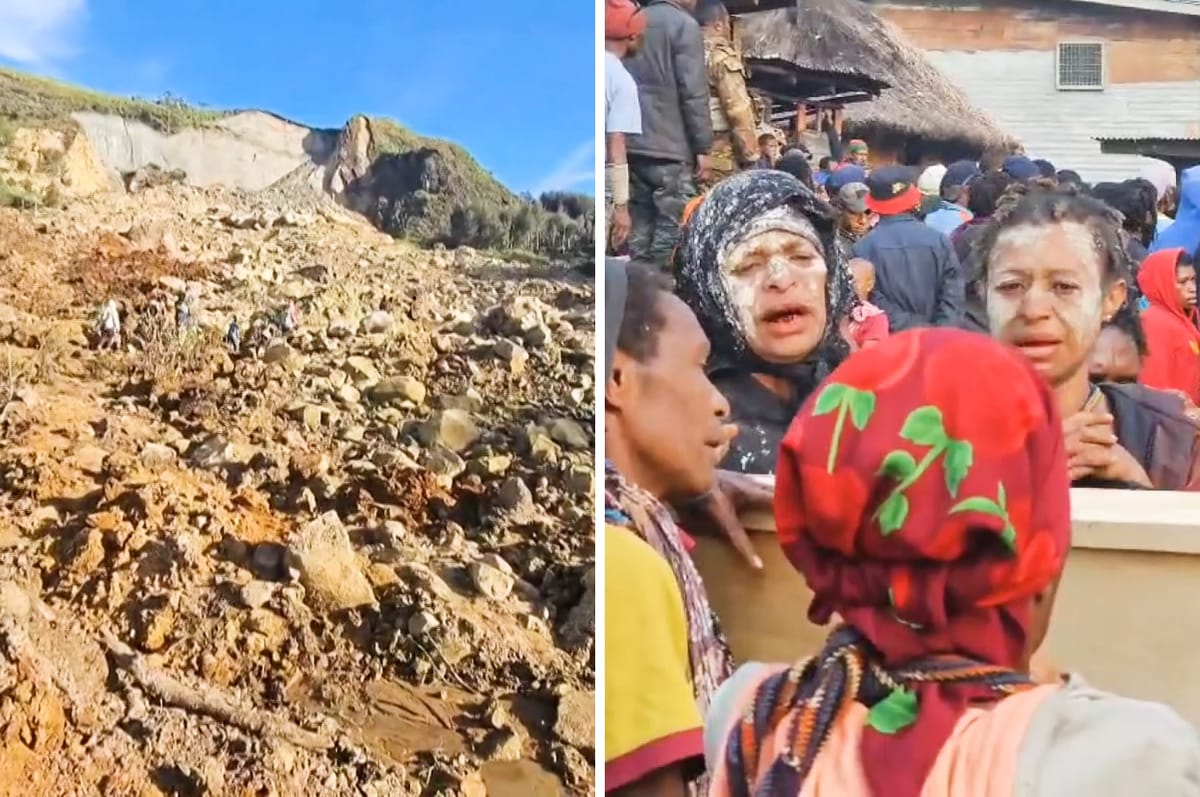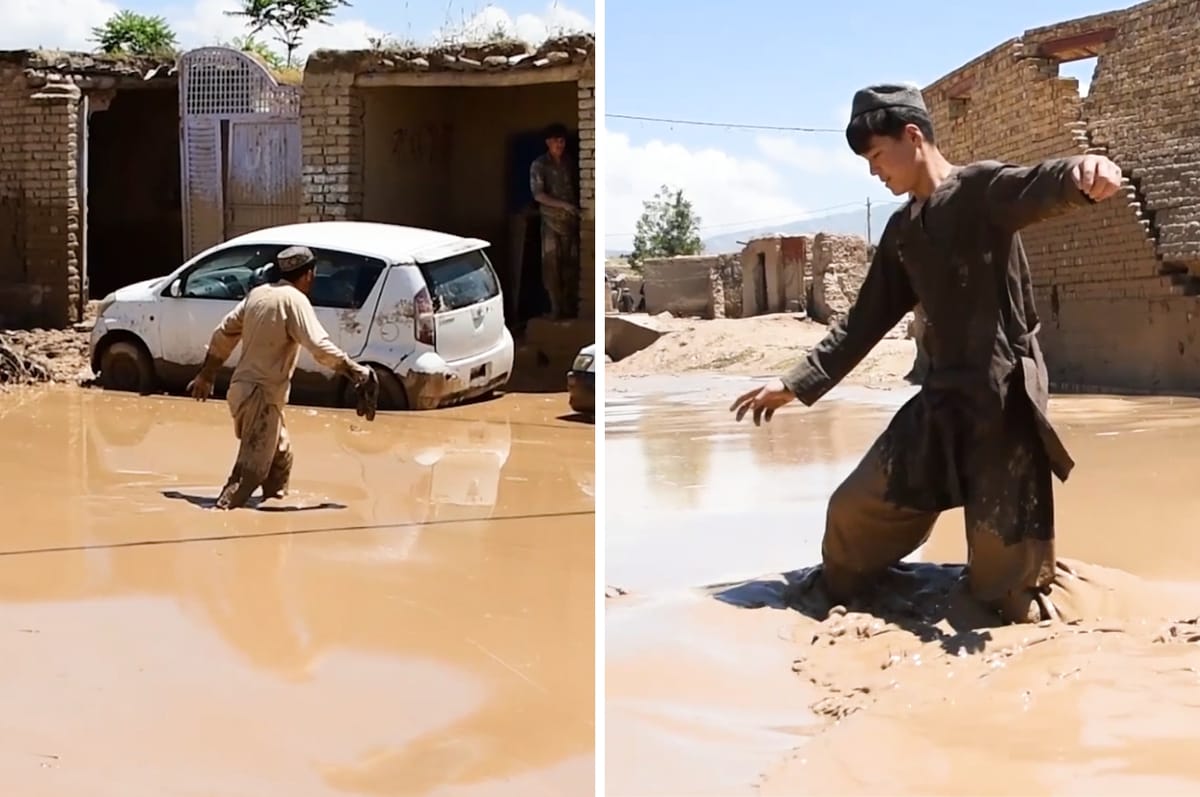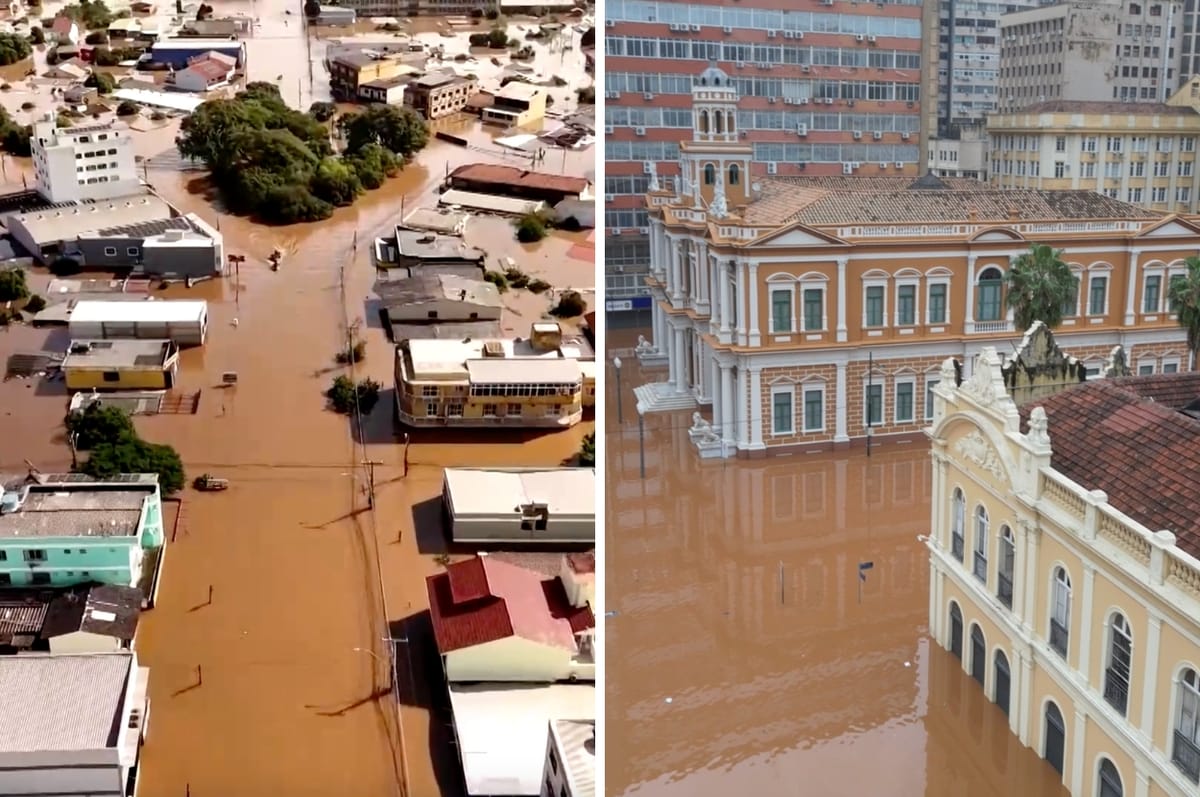More Than 2,000 People Have Been Buried Alive By A Massive Landslide In Papua New Guinea
In the early hours of May 24, while the village of Yambali slept, a landslide from Mount Mungalo wiped out a once-vibrant hillside village in Enga province, burying more than 150 houses and their occupants.

More than 2,000 people are feared to have been buried alive in a devastating landslide that struck a remote village in Papua New Guinea on Friday, May 24, a government official told the United Nations.
In the early hours of Friday, while the village of Yambali slept, a landslide from Mount Mungalo wiped out a once-vibrant hillside village in Enga province, burying more than 150 houses and their occupants.
The landslide struck "like an exploding bomb in a split second”, a resident, Lasen Iso, told a local newspaper.
Satellite images depicted the region's only road cut off, leaving a massive trail of yellow and grey wreckage flowing through what was once lush green terrain.
Locals, often equipped only with shovels, digging sticks and their hands, are frantically searching for loved ones.
Full-scale efforts to rescue survivors or recover bodies have been hampered by debris as deep as 10 meters (32 feet) in some areas, obstructing access routes and lacking sufficient equipment.
As of Monday, May 27, the bodies of only five people have been recovered.
"I have 18 of my family members buried under the debris and soil that I am standing on, and a lot more family members in the village I cannot count,” Evit Kambu, one of the residents told Reuters.
The government has ordered thousands of residents to move to evacuation centers from the area of the still-active landslide on Tuesday, May 28, according to Reuters.
Meanwhile, the provincial administrator of Enga warned that the ongoing catastrophe could worsen as chunks of rock, soil, and debris continue to fall from the slopes of Mount Mungalo.
“The tragedy is still active. Every hour you can hear rock breaking – it is like a bomb or gunshot and the rocks keep falling down,” he told news agency AFP.
Papua New Guinea's excessively rainy setting, along with changing rainfall patterns due to climate change, increases the risk of landslides, according to research findings.
You Might Also Be Interested In







